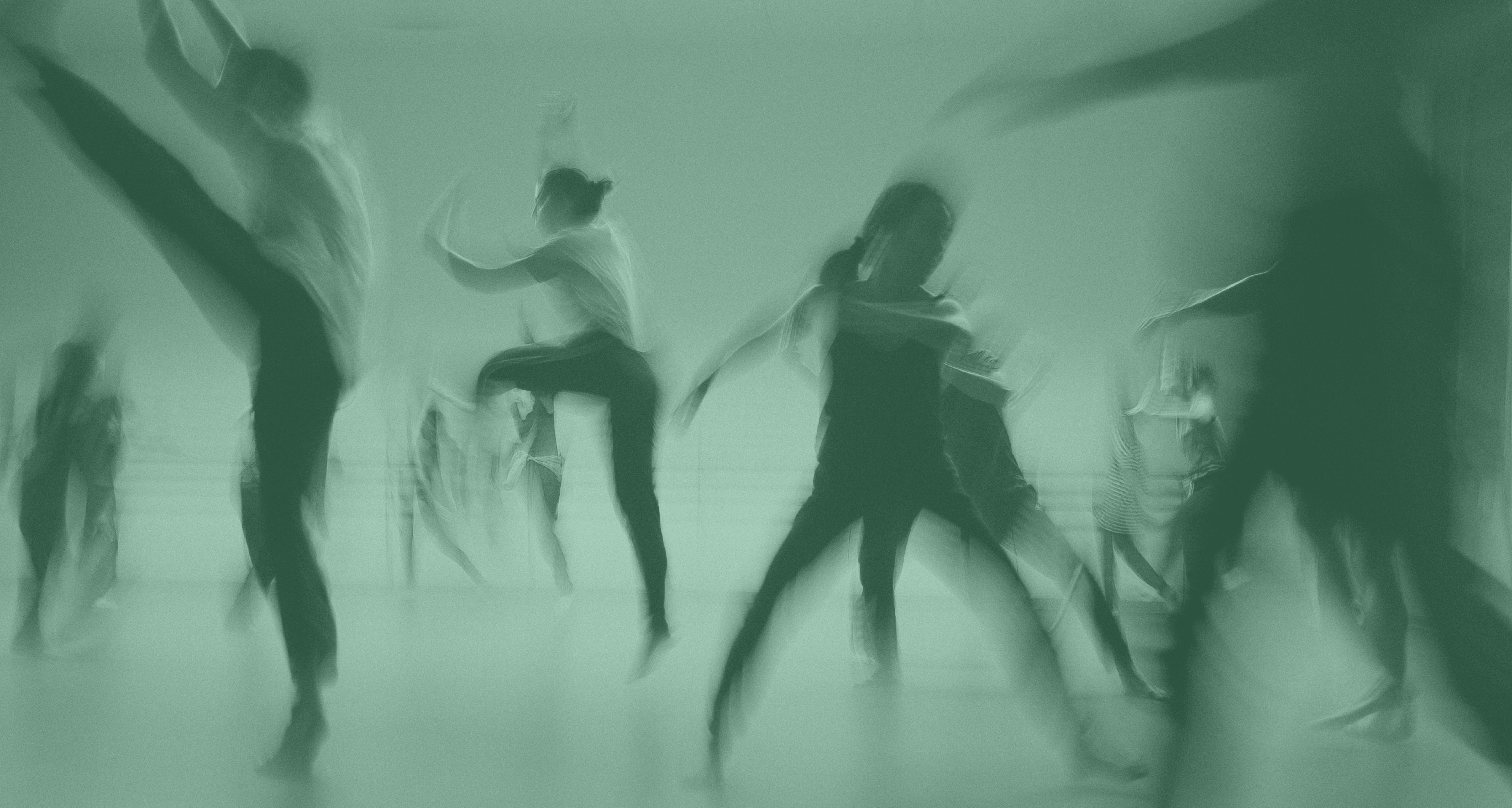Just 48 hours after my neuro-ophthalmologist visit, I have renewed hope in researching vestibular disorders. To say recovery is a rollercoaster would be an understatement. So I have no issue with my vision system, despite the myriad of vision-related challenges I’ve been facing.
Frustrating? Immensely. But as someone who doesn’t take ‘no answers’ lightly, I took the advice of a friend, ChatGPT aka Chatty McChatterton, and delved into seeking answers.
This research led me to an article on vestibular.org, linking vestibular disorders to vision challenges. Astonishingly, it articulated almost every symptom I’ve been experiencing for the past 2 1/2 years. From the discomfort caused by specific patterns of light and dark to the struggles with digital devices, it was like reading my personal diary.
The article detailed the vestibulo-ocular reflex (VOR), explaining how disruptions impact eye movements during head motion. It highlighted triggers like sensitivity to lights, patterns, and movement, perpetual challenges for me.
One aspect particularly resonated: the difficulty in conventional eye exams identifying these underlying issues. My experience with optimologists diagnosing tracking and convergence issues only scratched the surface.
The hope emanating from this discovery doesn’t solely lie in its validation of my experiences but in providing another avenue to explore. Yet, questions linger. How does this relate to my stroke, seemingly located far from the typical brainstem area associated with vestibular issues? Could there have been another stroke missed in the MRI? The uncertainties grow the more I uncover.
However, amidst the uncertainty, there’s solace in knowing I’m not alone. The article’s coping strategies and the shared experiences of others navigating similar challenges offered a glimmer of hope.
The Recovery Daily Podcast isn’t just a documentation of my journey; it’s an attempt to provide solace, understanding, and hope to anyone facing similar battles. The complexities of our brains and bodies are astounding, and while the journey ahead seems daunting, the pursuit of answers must continue.
To all those reaching out and sharing their stories, thank you. Your support fuels this journey, reminding me that resilience is born not just from personal strength but from the support and understanding of a community.

